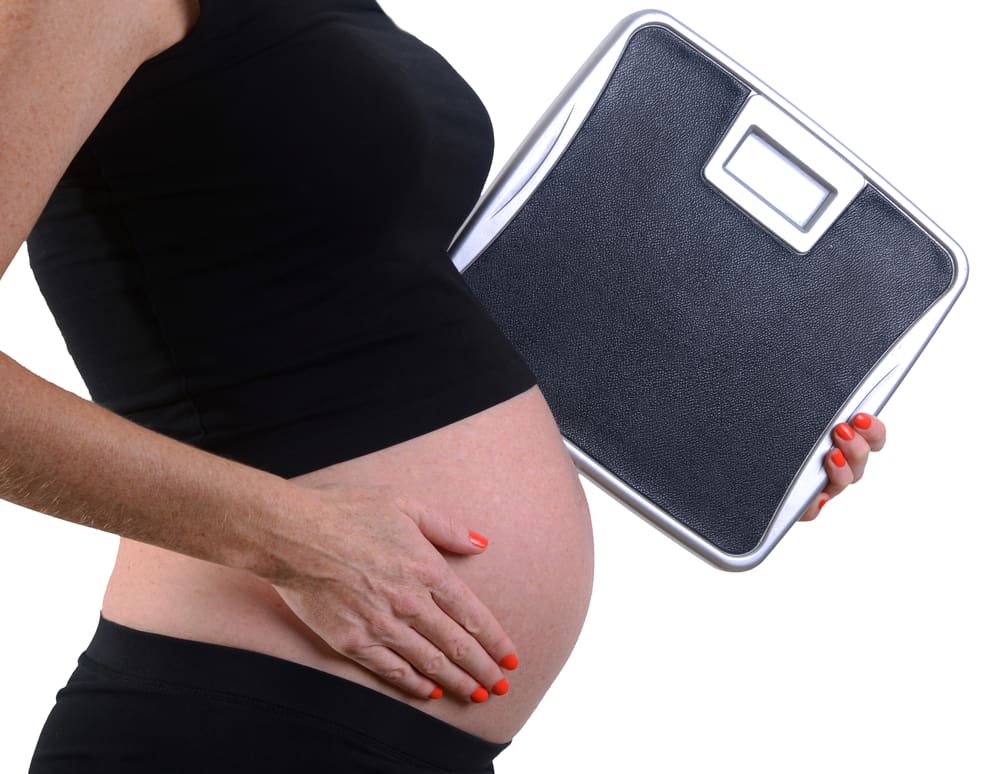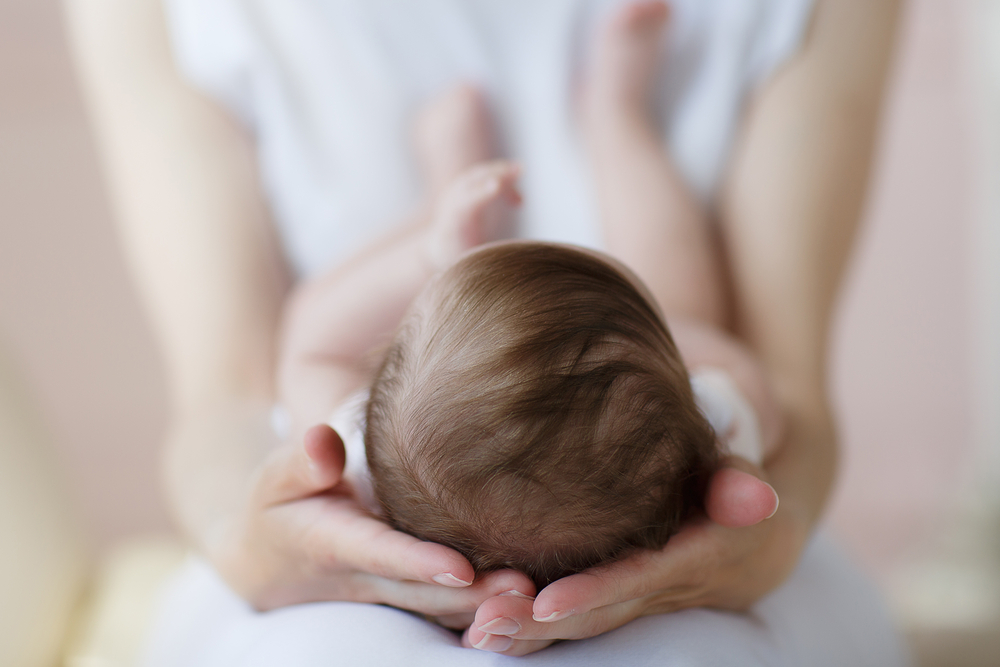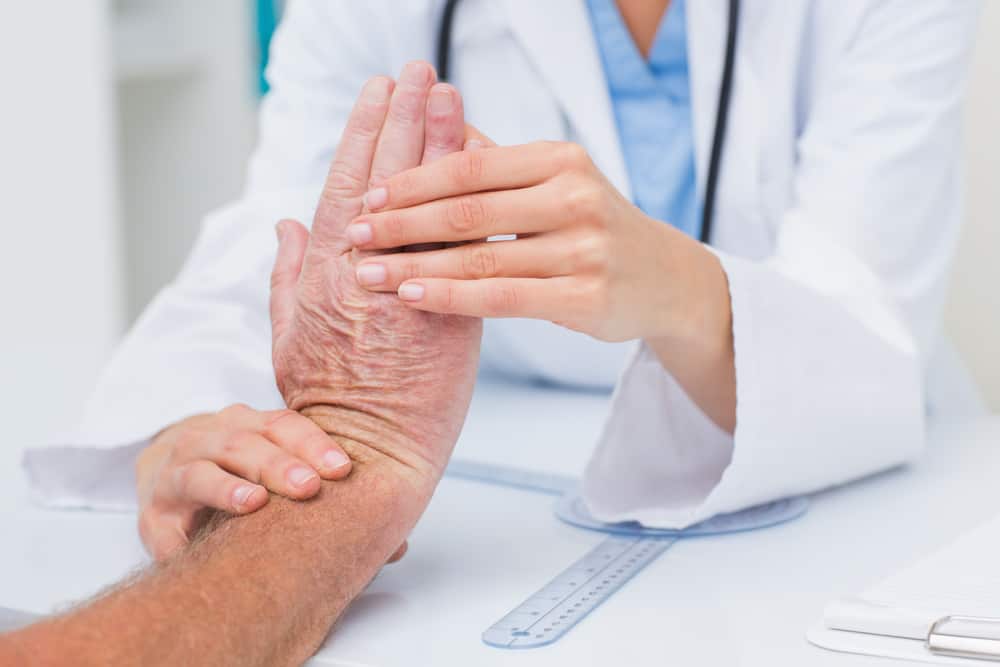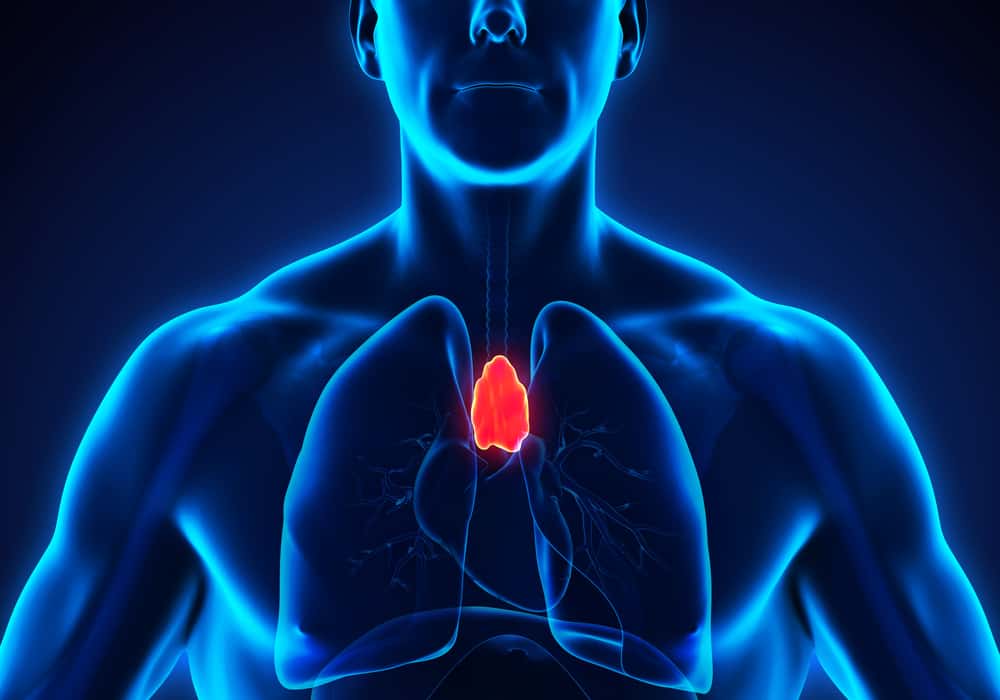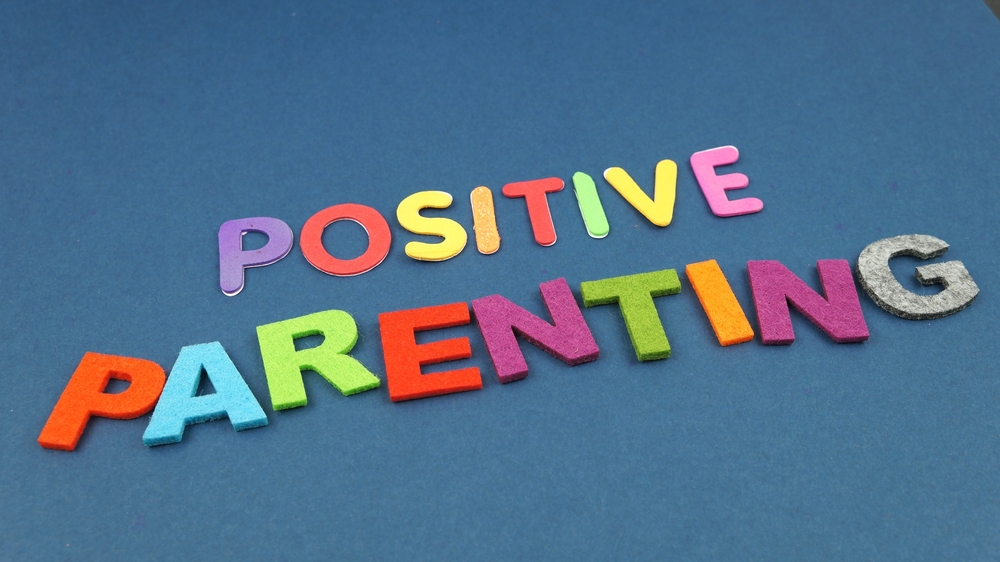Contents:
- Medical Video: Tummy time exercises for your baby
- Development of Infants Aged 46 Weeks
- How should the baby develop at week 46?
- Health for babies aged 46 weeks
- What do I need to discuss with the doctor at week 46?
- Which must be considered
Medical Video: Tummy time exercises for your baby
Development of Infants Aged 46 Weeks
How should the baby develop at week 46?
Babies may like to look at books and flip through pages, although usually they flip more than one page at a time. Provide books with interesting images, and strong and thick books (maybe from cartons) whose pages are easily reversed with baby's little fingers.
To add variety to the time of reading and find what is most interesting to him, try borrowing a book at a local library or buying it at a bookstore in the children's section, or exchanging with friends.
At week 46, the baby is able to:
- Clapping or waving
- Walk holding furniture
- Point or make a move to get what he wants
- Nice to see books and every page.
Babies may have had problems not wanting to part with their father or mother for the past few months. This is natural because babies love and depend on you. For convenience, you can go home faster. You might be able to leave your child in a daycare or with a caregiver at home, and don't extend the problem by saying goodbye while crying. He will be happy again without taking long.
You can help babies become more independent by not being around too often. Of course, he still needs to know where you are and rely on you. So, if the child is in another room, wait for a few minutes before following it. If you go to another area inside the house, call the child from another room, but don't immediately run closer every time he whines.
Health for babies aged 46 weeks
What do I need to discuss with the doctor at week 46?
Most doctors don't check babies this month, because babies at this age are not happy to be held during visits. Babies who are afraid of strangers may also not like doctors, even though that includes warm and friendly. Contact your doctor if there are problems that cannot be waited until the next visit.
Caring for a baby aged 46 weeks
Your anxiety at this stage is weaning and toothache. This section will also provide tips on how to solve the problem:
Wean
If you are still breastfeeding, you can adjust when you stop breastfeeding. This is a personal decision that depends on your particular situation. The baby may show signs that he is ready to be weaned, including looking uninterested or distracted during breastfeeding. You might doubt whether to stop. Weaning for a few days may be a relief, but you secretly don't want these breastfeeding periods to end. Many mothers continue to breastfeed until infancy, but also include the general to end it at the age of 1 year.
Slowly reduce the number of breastfeeding sessions once a day, offer formula or cow's milk (if the doctor allows) as a substitute. If the child does not drink bottled milk, you can wean it directly with the glass so you don't have to bother weaning from the milk bottle in the future. Some babies will drink less milk every few days until they stop completely. You can also shorten the duration of each breastfeeding session. Try the following suggestions:
- Give baby personal attention to replace closeness when breastfeeding.
- Try to distract the baby if he seems to want to breastfeed, and see if he is interested in other things or will drink with a glass.
- Ask other people to put the baby to sleep so the baby will not be immediately tempted to breastfeed at that time.
- If your breasts swell, compress with an ice bag and breast milk pump for the first few days. Ibuprofen can also help.
Injuries involving baby teeth
Because white baby milk teeth will be released one day so that permanent teeth can grow, there is no need to worry about the problem because the new baby starts learning to walk and maybe his teeth hit when he falls. However, make sure you don't experience problems outside of appearance problems. First, check the teeth. If there is a sharp tip, contact the dentist if there is time. He might smooth the tip of the tooth or fix it with a plastic filler or crown.
Call the dentist immediately, if the baby:
- Looks in pain (even for a few days)
- If the teeth appear to change position or become infected, the gums swell
- If there are pink spots in the middle of the broken tooth.
These symptoms may indicate that the cracks enter the nerve. In this case, the dentist will need to determine by X-ray whether the tooth should be removed or whether nerve treatment is needed. If the nerve injury is not treated, this can damage the permanent teeth that have formed in the baby's mouth. After all, try to keep smiling. Your baby's journey is still long and he will still fall dozens of times again.
Which must be considered
What do you need to watch out for when your baby is 46 weeks old?
In the second week of the 12th month, you might be worried about a number of things. One of them is training babies to use the toilet.
If you have started training a baby before, please continue. But if not, it's a good idea to wait until your child is 18-24 months old. This is when most children are ready to be trained to use the toilet.
Physical
A sign that the child is physically ready:
- The schedule for defecation is quite regular and predictable
- Can hold urination for at least 2 hours
- Really removes all urine when urinating
- It can help you open and close your pants, and use the toilet or potty yourself.
Another sign is being able to understand the words that relate to the toilet and follow simple instructions.
Emotional
The signs are:
- Realize that he uses diapers. He may squat at the end or even say or make a move that he wants to go to the toilet.
- He might get angry when he contaminates his diaper.
According to the above conditions, babies are considered ready to learn this important skill.
How is the baby developing the next week?




